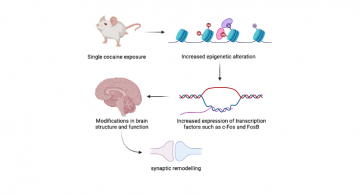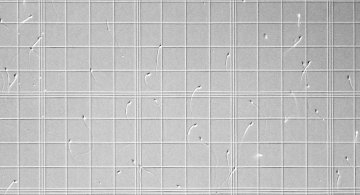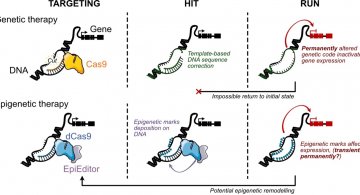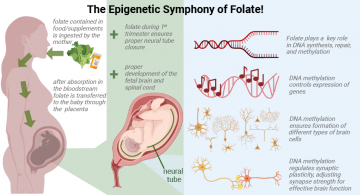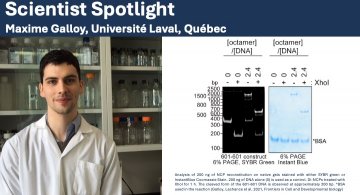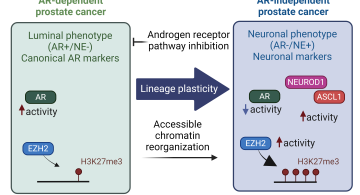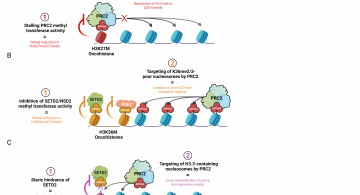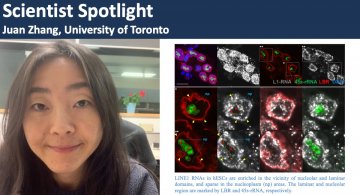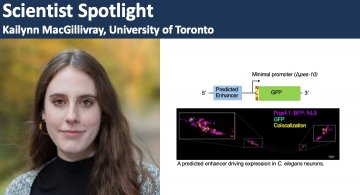Neuroscience
For those who have not experienced drug addiction, it can be easy to view the disease as a choice—but research shows that epigenetics plays an important role.
Reproductive Health
Loss of DNA methylation at transposable elements in sperm is associated with decreased sperm function in the offspring.
What is Epigenetics?
Epigenetic editing may outperform gene therapy for complex diseases by controlling, not altering, the genetic code, expanding therapeutic possibilities.
Reproductive Health
Have you ever wondered why doctors recommend taking folate (also known as folic acid) during pregnancy? Turns out, it's a crucial supplement for the healthy development of growing babies, especially their central nervous system.
Scientist Spotlight
Maxime Galloy works on deciphering how the chromatin composition surrounding the DNA damage impact the repair.
Cancer
Epigenetic plasticity drives castration-resistant prostate cancer (CRPC) to neuroendocrine prostate cancer (NEPC) transition, marked by chromatin remodeling and DNA methylation changes
What is Epigenetics?
This article introduces oncohistones and provides a brief overview of commonly studied oncohistone mutations and their involvement in cancer.
Scientist Spotlight
Juan works on repetitive elements for their potential roles in chromatin organization during early embryonic development
Scientist Spotlight
Kailynn MacGillivray works on histone modifications in C. elegans
